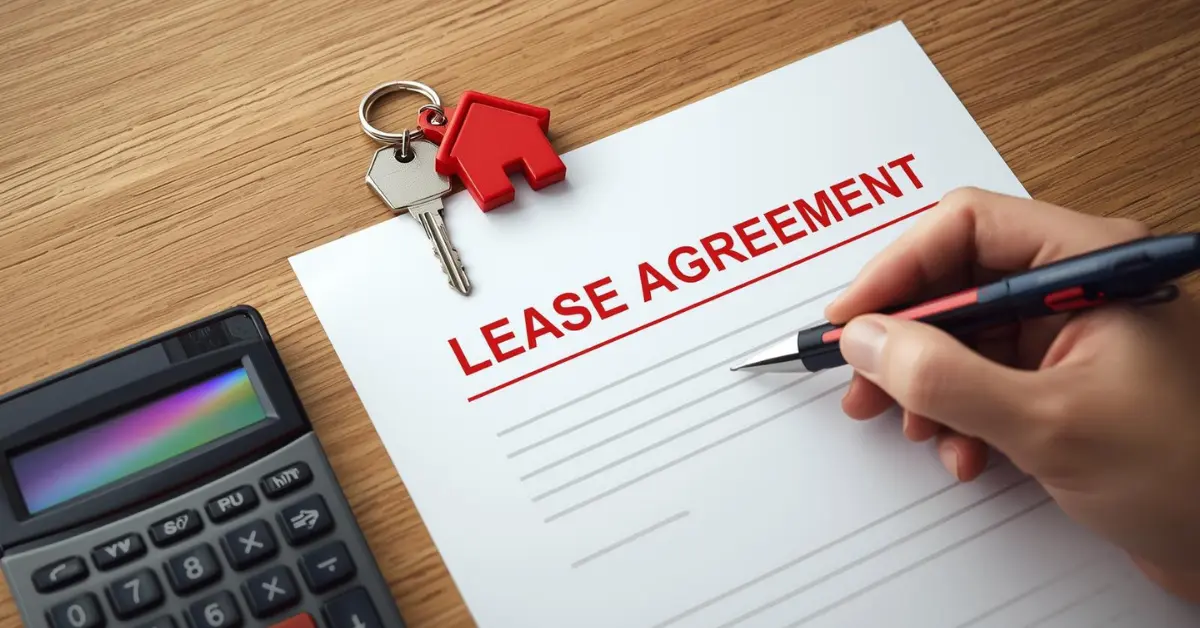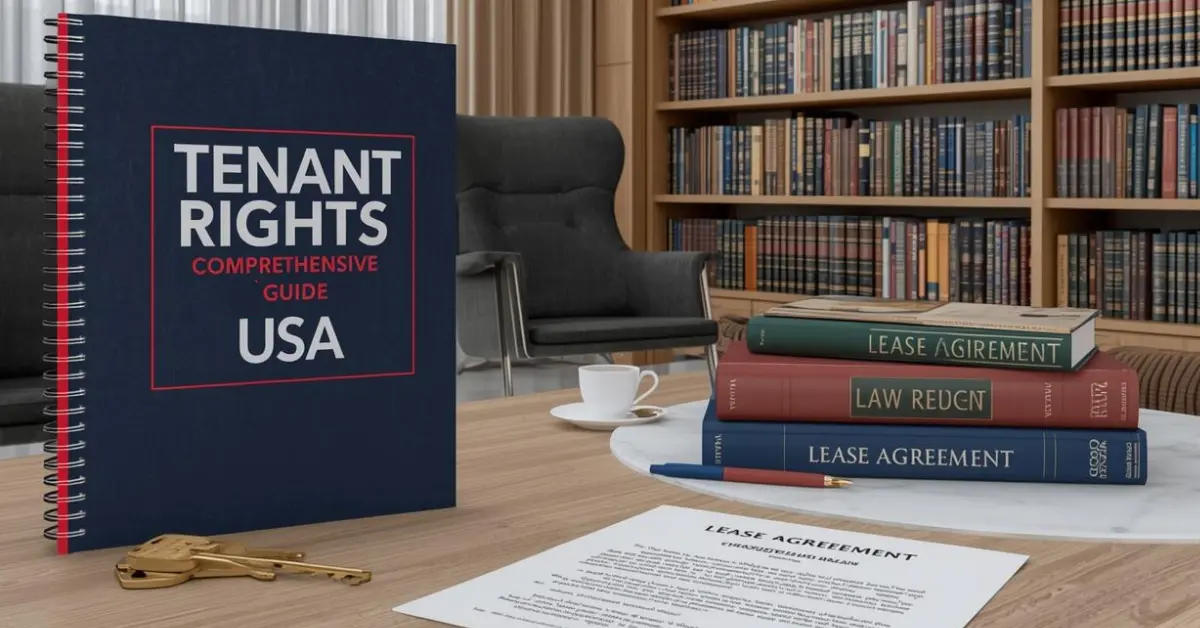Living arrangements are a key part of any tenancy, and a frequent question renters face is whether someone can live with them without being on the lease. This question touches on both legal considerations and practical living concerns.
In the USA and Canada, lease agreements play a crucial role in defining occupancy rules and the rights of all individuals in the household. Understanding the laws and responsibilities involved is vital to avoid complications with landlords or potential eviction risks.
The purpose of lease agreements is to safeguard both landlords and tenants. They outline the rights and responsibilities of each party and provide a legal framework that governs the rental relationship.
Whether you live in Ontario, Florida, or NYC, each location has its own laws that determine how an unlisted occupant should be handled.
This article explores the conditions under which someone can live with you without being on the lease, the risks involved, and the legal options available to both tenants and landlords.
What is a Lease Agreement?
A lease agreement is a formal contract between a landlord and a tenant that defines the terms of living in a rental property.
It usually includes details such as rent, responsibilities for property maintenance, and the rules concerning occupants. Importantly, a lease agreement sets clear boundaries for who can live in the rental unit.
Rights and Responsibilities of Tenants and Landlords
- Tenants: Pay rent, maintain the property, and abide by the lease terms.
- Landlords: Provide safe housing, handle major repairs, and ensure tenant rights.
Legal Considerations for Unlisted Occupants
In both the USA and Canada, allowing someone to live with you without being on the lease is a legal gray area. Landlords typically prefer to have every occupant formally listed in the lease.
This ensures that all residents are bound by the lease terms, and the landlord has the legal power to manage tenancy-related disputes.
Potential Consequences
Having an unlisted occupant can result in:
- Eviction for breach of lease terms.
- Fines for violating housing rules.
- Insurance complications if an unlisted occupant damages the property.
State and Provincial Laws
- Ontario: Tenants may not evict a person living in the unit without following the legal process.
- Florida: Tenancy laws allow landlords to file for eviction if an unlisted occupant overstays.
- NYC: Rent-regulated properties in NYC enforce strict occupancy rules.
Common Scenarios Where People Live Without Being on the Lease
Family Members, Friends, or Partners
It’s common for family members or partners to move in without formal lease agreements. In such cases, the relationship status does not exempt the occupant from being listed in the lease.
Temporary Stays vs. Long-Term Residency
There’s a fine line between having a guest for a short period and allowing someone to live with you. Temporary guests usually don’t require a lease modification, but long-term residency can trigger issues.
Subletting vs. Guest Stays
Subletting occurs when the tenant allows another individual to rent part of the unit, typically with the landlord’s permission. However, guest stays don’t involve a rent arrangement but can become problematic if the guest remains for an extended period.
How to Add Someone to the Lease
To avoid legal complications, tenants can legally add an occupant to the lease. This ensures that all residents are recognized by the landlord and held accountable for the lease terms.
Steps to Add a Person to a Lease
- Notify the landlord about the new occupant.
- Sign a lease amendment or modification.
- Conduct any required background checks or approvals.
Pros and Cons of Adding an Official Tenant
Pros:
- Clear legal standing for all residents.
- The landlord is aware that everyone is living on the property.
Cons:
- Rent may increase.
- More legal obligations for all residents.
Role of Landlords
Landlords have the authority to approve or deny the addition of new tenants. If denied, tenants must abide by the lease agreement or face eviction.
Risks and Consequences of Violating the Lease
Allowing someone to live with you without being on the lease can have serious consequences, both legally and financially.
Actions Landlords Can Take
Landlords can:
- Serve an eviction notice.
- Impose fines or penalties for violating the lease terms.
- Increase rent due to additional occupants.
Impact on Tenants’ Rights
Tenants may lose certain rights or face eviction if the landlord deems the unlisted occupant a violation of the lease agreement. This could result in loss of housing or even legal action.
Insurance and Liability
Unlisted occupants are often not covered by renter’s insurance, which could leave both the tenant and the landlord vulnerable in the case of property damage or injury.
Tenant Rights and Dispute Resolution
If a dispute arises between a tenant and a landlord over an unlisted occupant, there are legal avenues available to resolve the issue.
Resolving Disputes
- Mediation: Tenants and landlords can seek mediation to negotiate terms.
- Legal Action: If mediation fails, the case can escalate to a court proceeding.
Rights to Privacy vs. Landlord Control
While tenants have a right to privacy, landlords retain some control over the occupancy of their rental units. Tenants should know their rights to privacy and ensure they are not infringed upon unfairly.
Legal Help and Resources
Tenants facing eviction or disputes over unlisted occupants can seek legal assistance from local tenant rights organizations or hire a housing lawyer to navigate the legal process.
Conclusion
In conclusion, living with someone who is not listed on the lease can create a series of legal and financial complications. Tenants must always communicate openly with their landlords and understand their lease agreements fully.
In the USA and Canada, rules around occupancy and tenant rights vary significantly, making it essential to know the local laws. Ensuring all occupants are properly listed can prevent future disputes and ensure tenants maintain their legal standing in the property.
Recap of Key Points
- Lease agreements protect both landlords and tenants.
- Unlisted occupants can cause eviction or fines.
- Tenants should follow legal steps to add anyone living with them.
Understanding your legal obligations as a tenant ensures that both you and your landlord remain on good terms, and the living situation remains peaceful.




